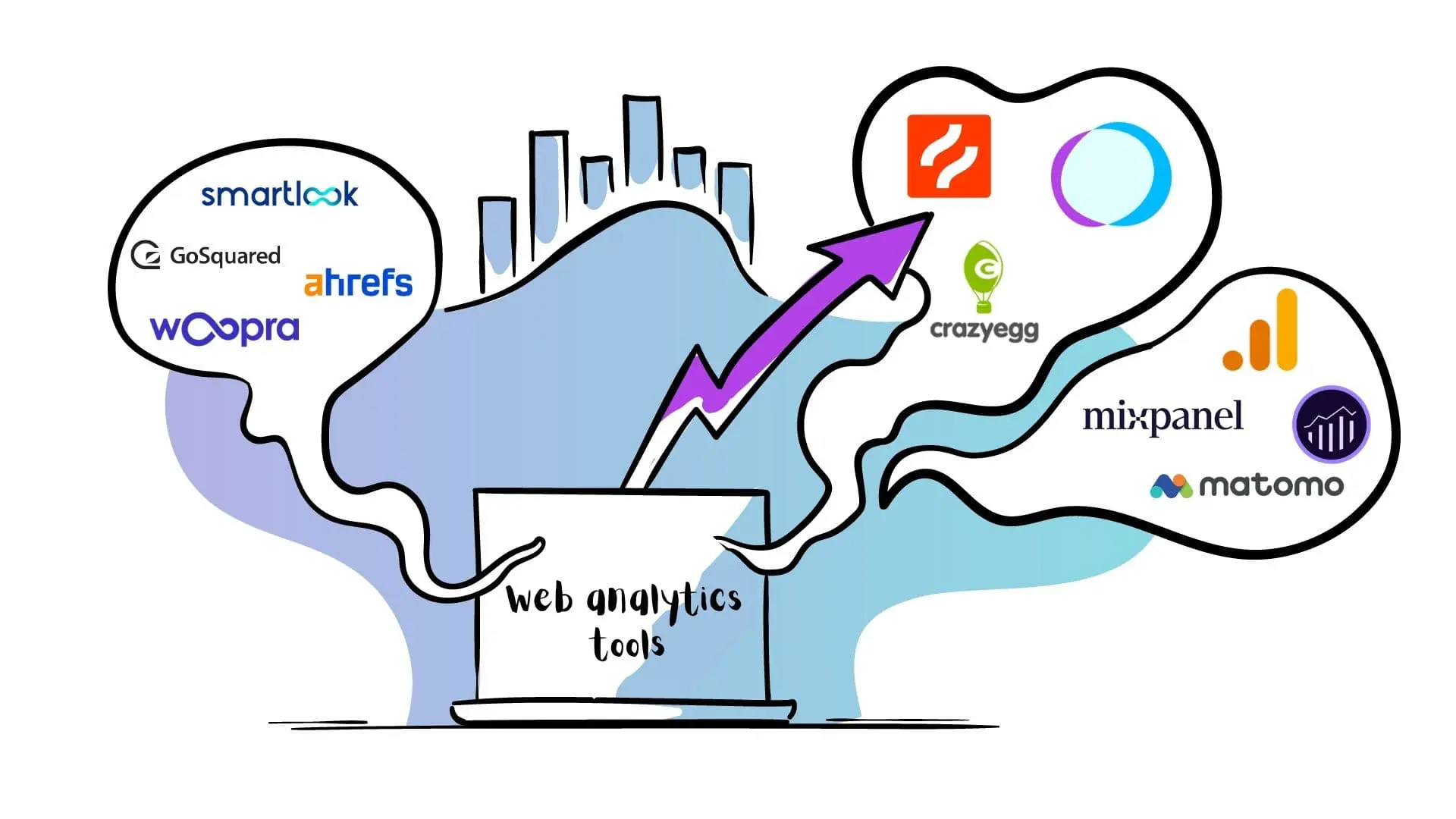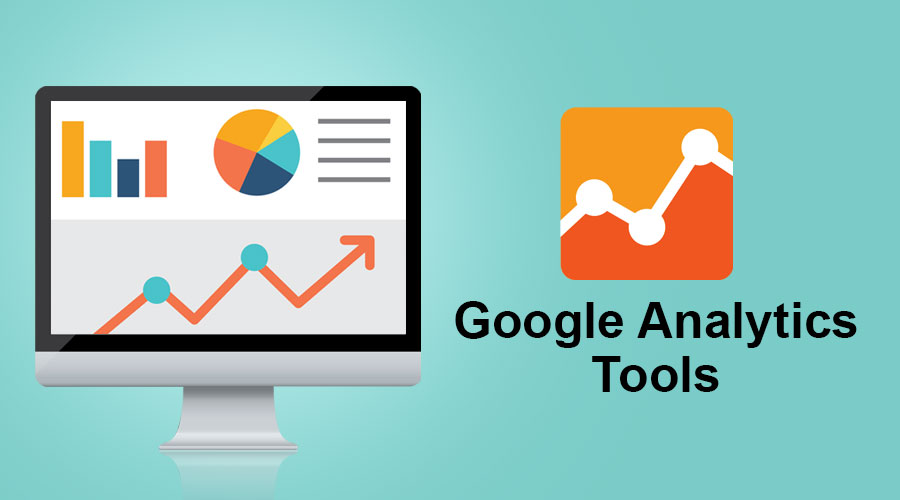Increase Effectiveness and Success Through Data Analytics
In today's data-driven landscape, services are progressively acknowledging the critical role of data analytics in improving functional effectiveness and success. By systematically evaluating information, organizations can reveal crucial insights that inform calculated choices, improve processes, and dressmaker consumer experiences.
Comprehending Data Analytics
In today's data-driven landscape, understanding data analytics is important for organizations intending to enhance operational efficiency and drive earnings. Data analytics involves the systematic computational analysis of information collections to reveal patterns, connections, and understandings that educate decision-making. By using various methods, such as statistical analysis, maker learning, and predictive modeling, companies can change raw data right into actionable intelligence.
The procedure usually begins with data collection, where pertinent info is gathered from multiple resources, including transactional data sources, consumer communications, and market fads. This data is then cleaned and arranged to guarantee accuracy and uniformity. Once the information is prepared, analytical tools and software application are used to explore and picture the details, enabling stakeholders to recognize patterns and abnormalities.
Eventually, recognizing information analytics equips companies to make educated decisions based upon empirical evidence instead of intuition. It helps with targeted methods that can enhance source allotment, boost customer satisfaction, and improve general efficiency. As companies significantly acknowledge the value of data-driven insights, a strong understanding of information analytics becomes an essential proficiency for teams and leaders alike, placing them for continual success in an affordable setting.

Trick Advantages for Organizations
Businesses that take advantage of data analytics can open a wide variety of advantages that substantially enhance their procedures and profitability. One of the primary benefits is boosted decision-making. Data analytics gives actionable insights derived from real-time data, permitting companies to make informed options that line up with market needs and consumer preferences.

In addition, information analytics fosters enhanced consumer experiences. By understanding customer behaviors and preferences, services can customize their offerings, leading to raised complete satisfaction and loyalty. This personalized method frequently leads to greater conversion prices and repeat company.
Moreover, information analytics enables organizations to recognize emerging possibilities and patterns. By remaining ahead of the curve, companies can profit from new markets and developments before their competitors.
Implementing Data-Driven Strategies
Successful implementation of data-driven methods calls for a thorough understanding of both offered data and organizational objectives sources. Organizations must initially specify their objectives clearly, ensuring placement in between data efforts and tactical aims. This quality enables groups to focus on appropriate metrics and understandings that drive decision-making.
Top notch data is crucial for exact analysis, as poor information can lead to illinformed strategies and thrown away resources - Analytics. Organizations has to establish procedures for information collection, cleansing, and administration to preserve information honesty.
Furthermore, promoting a data-driven culture is vital. Employees at all browse this site levels must be motivated to utilize information in their day-to-day operations. Training programs and workshops can boost data proficiency, empowering team to make educated decisions based on analytical insights.
Devices and Technologies Review
A durable suite of technologies and devices is crucial for organizations intending to harness the complete possibility of data analytics. These devices help with the collection, handling, and visualization of information, making it possible for companies to acquire actionable insights.
At the fundamental level, information management systems such as SQL data sources and NoSQL systems give efficient data storage space and access abilities. For information handling and analysis, shows languages like Python and R, along with frameworks such as Apache Flicker, allow complex estimations and artificial intelligence applications.
Visualization tools, including Tableau and Power BI, transform raw information into instinctive visual styles, making insights available to stakeholders in all levels. Additionally, cloud-based systems like Google Cloud and AWS provide scalable storage space and processing remedies, suiting the expanding volumes of information companies encounter.
For advanced analytics, predictive modeling and AI-driven services are significantly adopted, allowing firms to anticipate fads and enhance decision-making procedures. Incorporating these devices into existing process is extremely important; companies that effectively utilize this innovation can substantially enhance operational efficiency and drive profitability. Hence, purchasing the right tools and modern technologies is a strategic vital for any type of data-driven organization.
Study of Success
Leveraging information analytics has actually led numerous organizations to achieve amazing enhancements in effectiveness and profitability. One notable case is a large retail chain that executed predictive analytics to optimize view supply management. By analyzing historical sales information and consumer fads, the firm lowered excess supply by 30%, causing considerable cost financial savings and improved cash money circulation.
Another instance can be found in the production market, where a leading vehicle producer utilized data analytics to improve its manufacturing processes. By monitoring machine efficiency in real-time, the organization determined bottlenecks and inadequacies, causing Homepage a 20% increase in general equipment effectiveness (OEE) This not just improved production prices however also minimized downtime and upkeep costs.

These study highlight exactly how data analytics can drive strategic decision-making, enhance procedures, and eventually improve both performance and success throughout different industries.
Final Thought
Finally, the assimilation of data analytics into service operations provides substantial possibilities for boosting performance and profitability. By methodically evaluating data, companies can determine inefficiencies, enhance consumer experiences, and make educated decisions. The fostering of anticipating modeling and real-time monitoring even more makes it possible for businesses to stay in advance of arising fads and assign resources successfully. Ultimately, the strategic implementation of data-driven techniques cultivates sustained competitive advantages and drives considerable renovations in functional efficiency and monetary outcomes.
In today's data-driven landscape, recognizing information analytics is vital for organizations aiming to boost operational effectiveness and drive earnings. Information analytics involves the systematic computational evaluation of information collections to discover patterns, connections, and insights that educate decision-making. Data analytics offers actionable understandings derived from real-time information, allowing businesses to make enlightened selections that line up with market demands and consumer preferences.
Top notch information is important for precise evaluation, as poor data can lead to illinformed approaches and squandered resources. Organizations must establish processes for data collection, cleansing, and management to maintain data honesty.
Comments on “Optimize Business Processes Making Use Of Detailed Analytics Records”